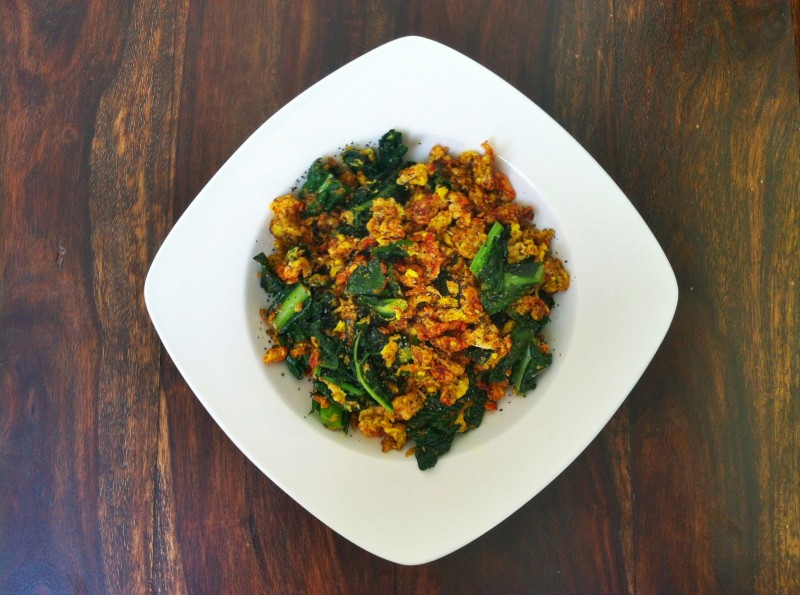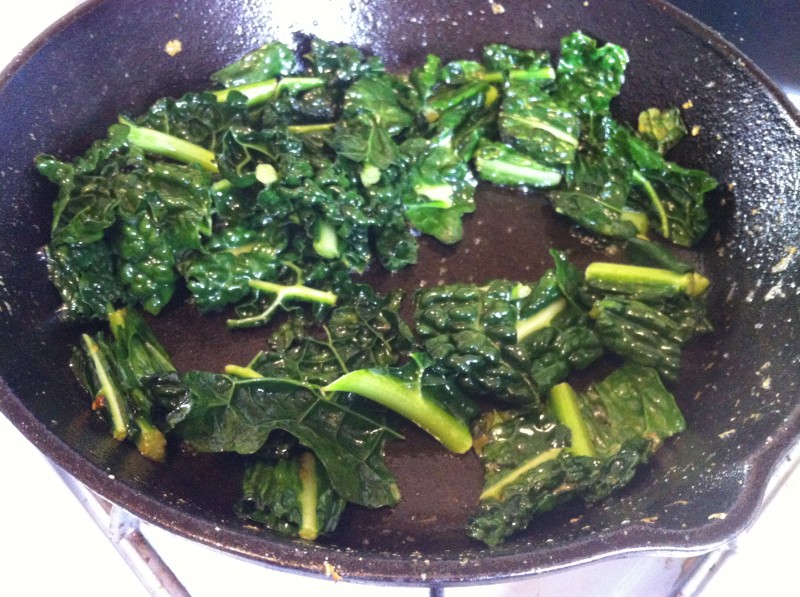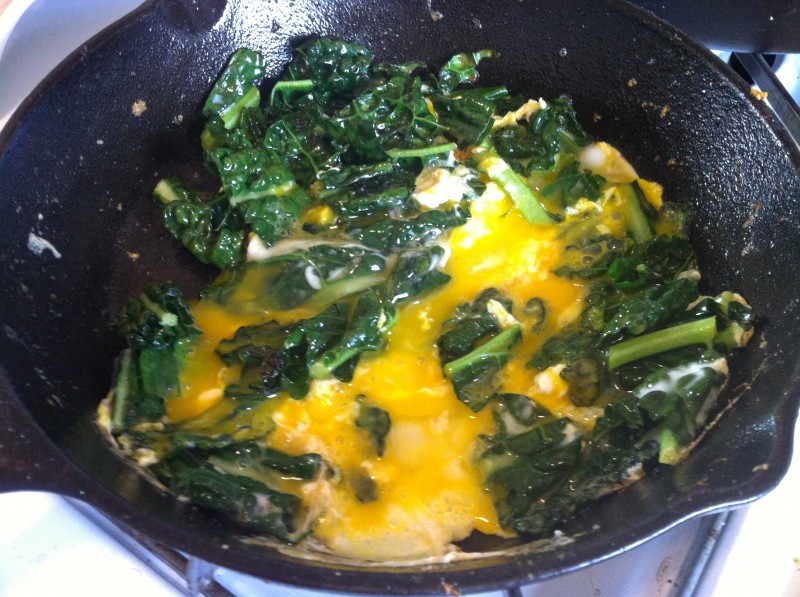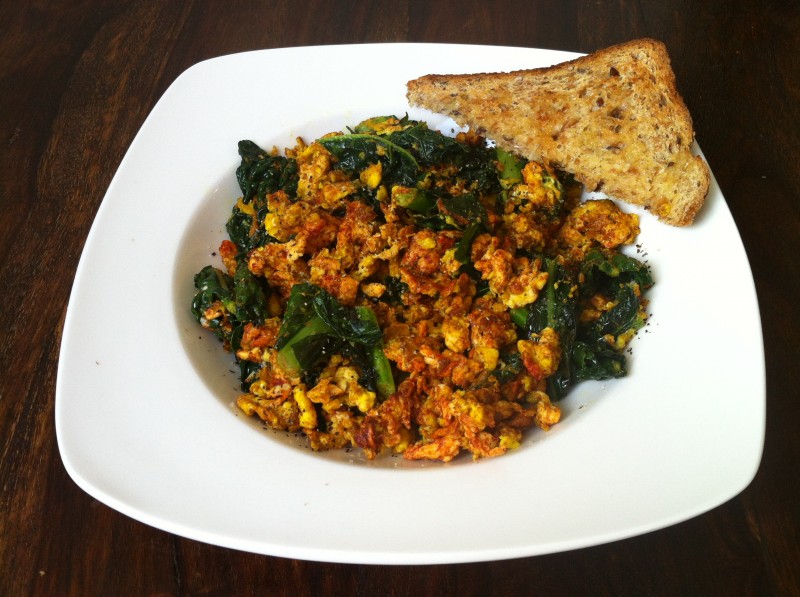Fat Loss #2
Hi Everyone!
Ready to learn about the next hormone?!
Leptin. It’s a protein hormone made by our fat cells (like adiponectin) and regulates the amount of fat stored in the body. Leptin has been referred to as our “fat burning thermostat” and “satiety hormone”. Robert H. Lustig, MD, professor of pediatrics at the University of California, San Francisco says, “When you have taken in enough food (energy) for your body to function, leptin is released sending a signal to your brain that you are full”.
Unlike adiponectin, the more weight you gain the more leptin you produce and while this may sound like a good thing…it’s not.
The more fat you have, the more resistant to leptin you become. Lustig explains, “In leptin resistance, your leptin is high, which means you’re fat, but your brain can’t see it. In other words, your brain is starved, while your body is obese. And that’s what obesity is: it’s brain starvation.”
What causes Leptin Resistance?
- SUGARS
- High quantities of simple carbs, processed foods and packaged
foods - Overeating and crash diets
- Stress
What causes Leptin Sensitivity?
- Regular activity: Strength training and cardio
- Quality sleep!
Getting at least 6 hours of uninterrupted sleep makes a big difference - Intermittent Fasting (This will be talked about
in detail in a later email) - Gradual and sustainable changes. You can train your hormones just like you can train your body to run a marathon. If you’re only used to running 2 miles at a time, you’re not going to set out to run your first marathon this weekend, right? You gradually build up your endurance over time with consistent training. Well, you can also gradually train your hormones to do what they were designed to do as long as you stay consistent with the lifestyle changes you choose to make.
Below are two articles about leptin if you’re interested in learning more:
http://www.webmd.com/diet/features/the-facts-on-leptin-faq
http://www.leanhealthyandwise.com/how-diet-and-exercise-reverse-leptin-resistance/
Yours in Health and Wellness,
Meredith









